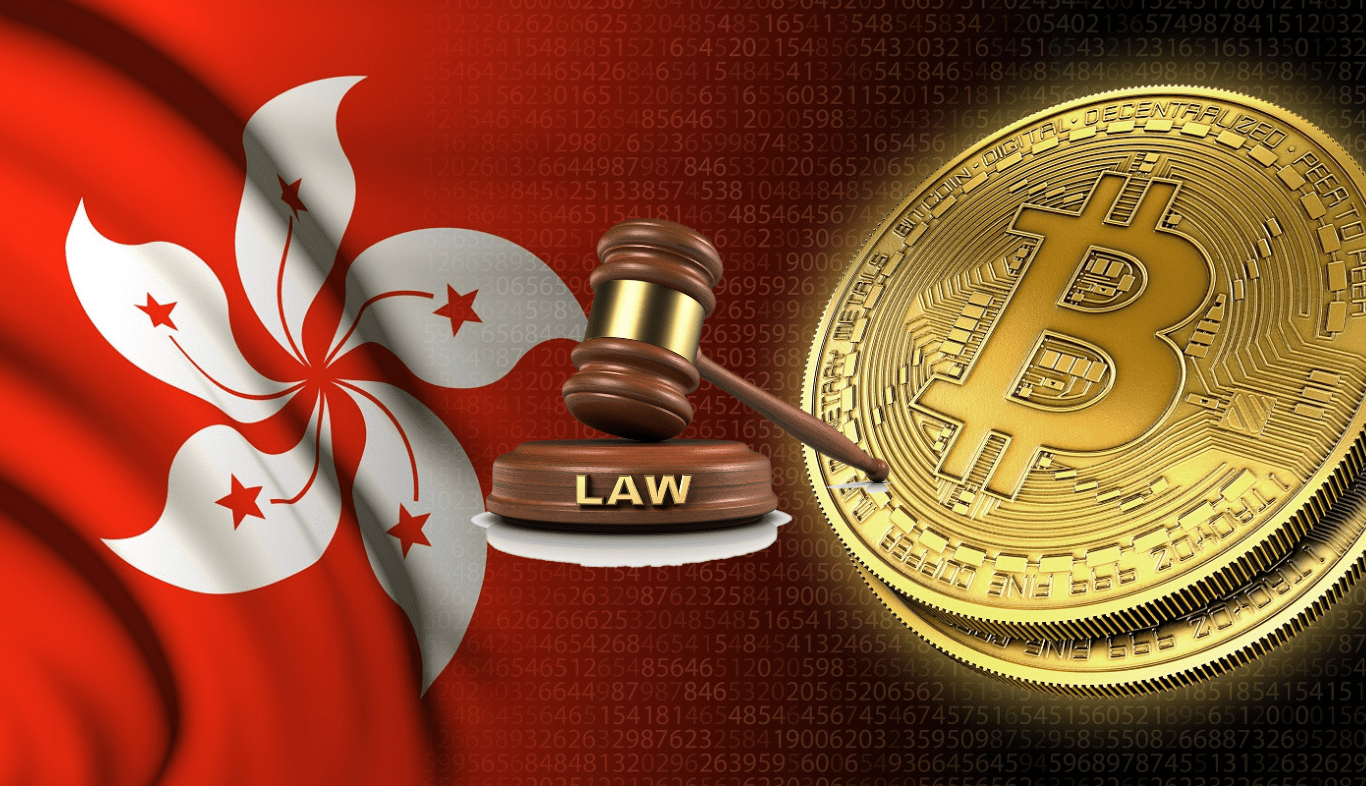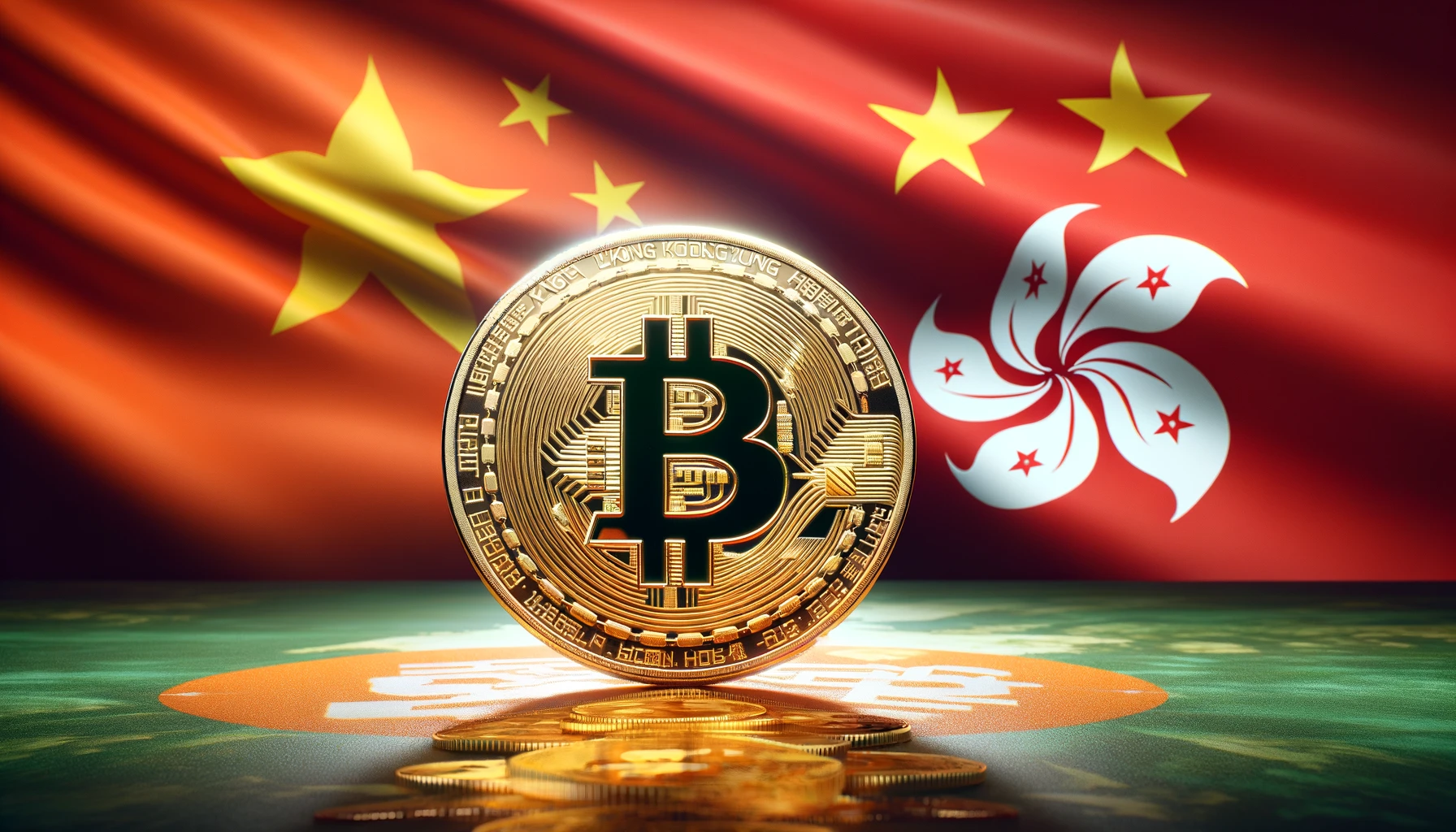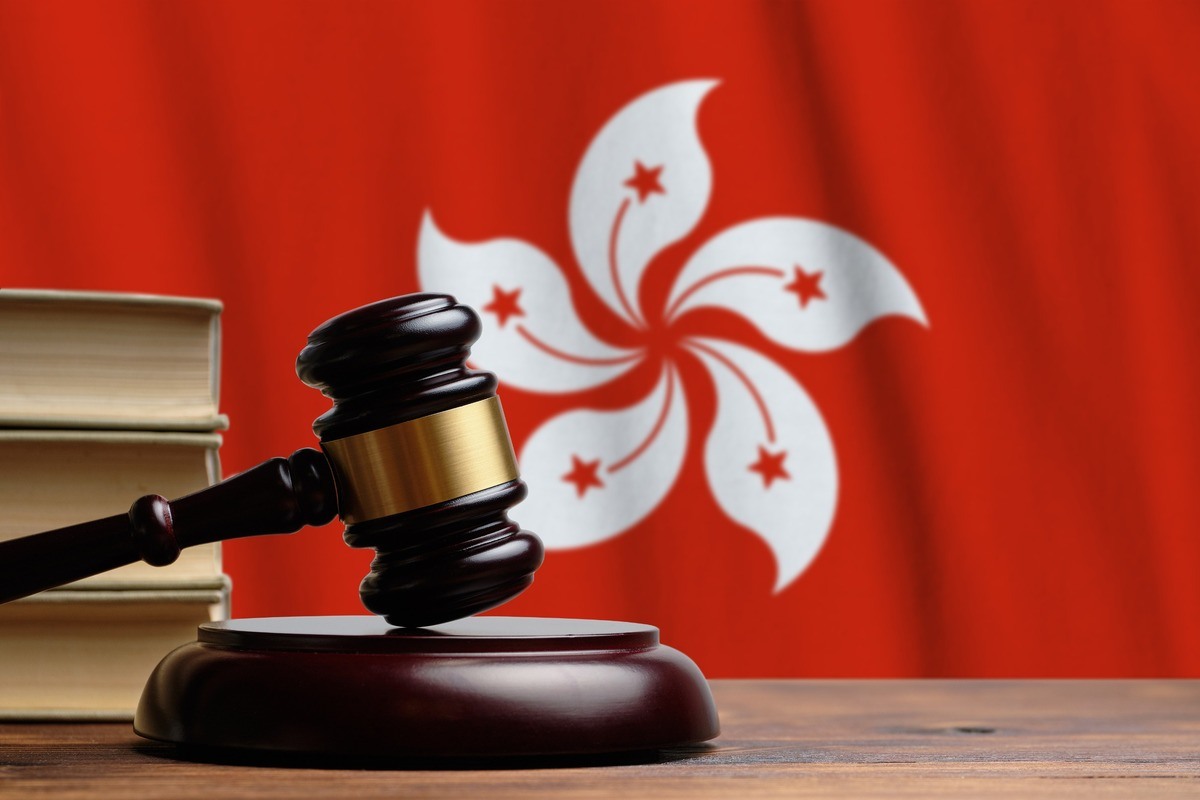The High Court of Hong Kong has mandated the release of financial records on Mantra Chain’s operations. Therefore marking a major turn in the continuing Mantra Chain dispute. The decision represents a development in the dispute between Mantra DAO, Inc. and RioDeFi, the host of its infrastructure. This is based on allegations that certain former employees of RioDeFi stole money and contracts from Mantra.

The August 12, 2024 verdict shows the complexity of decentralised autonomous organisations (DAO) ownership and governance. The Mantra Chain dispute shows that DeFi conflicts are difficult to resolve using traditional legal methods. The court aims to provide both parties with a clear understanding of the project’s financial status. To achieve this, they mandate the revelation of Mantra’s financial records from January 2021 to date.
Mantra Chain Dispute: How to Handle a DAO
The defendants’ LinkedIn accounts reveal that they were all instrumental in founding Mantra DAO, a decentralised autonomous organisation. The name was subsequently changed to Mantra Chain. They were named as RioDeFi employees in the ruling. The court filing states that Mullin and Corkin were in charge running Mantra daily, created in May 2020 based on court filing. Their duties supposedly included a reduction in the frequency of financial report production after January 2021. However, the defendants “began treating the Project as their own” and misappropriated crypto from a Mantra account.
The plaintiffs petitioned the court for disclosure of financial information. They are petitioned for an injunction prohibiting the defendants from dealing with or disposing of bitcoin and their trademarks. However, the judge only allowed the disclosure.
Legal Challenges in Defining DAO Ownership and Control
The Mantra Chain dispute highlights legal complexities regarding DAOs and their governance systems. This case is unusual since the defendants argue that token holders, not beneficial owners, make decisions in a DAO. In August 2022, the tokenholders chose Mullin, Corkin, and Miranda as councillors. Therefore granting them the power to represent the DAO. In contrast, Laurent and other RioDeFi executives did not run for council then.

The court said, “the present action is a dispute as to the true ownership, management and control of the Project, a ‘decentralised autonomous organisation’.” It further pointed out, “The courts may not be familiar with the modius operandi and the structures for the operation of such kind of business. […] Given the allegations by both camps, the court is not in a position to form a preliminary view about the overall merit of the claim.” Also, the court noted, “The aim of the present application is to preserve the status quo pending trial by letting the Plaintiffs to have some visibility about the financial operation of the Project which they claim is owned by them.”
Implications of the Mantra Chain Dispute for DAOs
The controversy surrounding Mantra Chain shows the intricate legal obstacles that DAOs encounter when operating under conventional legal frameworks. The prevalence of DAOs in the blockchain and crypto industries has courts pondering. They are considering how to apply preexisting legal frameworks to these unique forms of governance. In the Mantra Chain dispute, the Hong Kong High Court sought financial disclosures, showing a thorough approach to DAO problems. The judge has established a standard for future instances of a similar kind. This is done by recognising the special characteristics of DAOs and that the court is not well-versed in their functioning.

Additionally, the Mantra Chain dispute highlights how crucial it is for DAOs to have transparent finance systems and well-defined governance structures. The Mantra Chain issue exemplifies the potential for decentralised organisations to experience problems. These are problems that stem from unclear ownership, control, and financial management.
Conclusion: Charting New Territory in Blockchain Jurisprudence
An important turning point at the crossroads of blockchain and legal systems has occurred with the Mantra Chain dispute. This case provides an opportunity to evaluate potential new legal frameworks and concepts. As courts endeavour to understand DAOs, these concepts may help handle decentralised governance’s complexities.
In the Mantra Chain case, the Hong Kong court took a measured and practical approach to settling disputes by ordering financial disclosures. Undoubtedly, the Mantra Chain case will impact future blockchain law. It will change the way comparable disagreements are handled internationally as it unfolds. If this case goes to trial, it may set important precedents and provide light on the future of DeFi and governance. Deythere, is committed to bringing comprehensive insights into current events shaping the sector to you.










